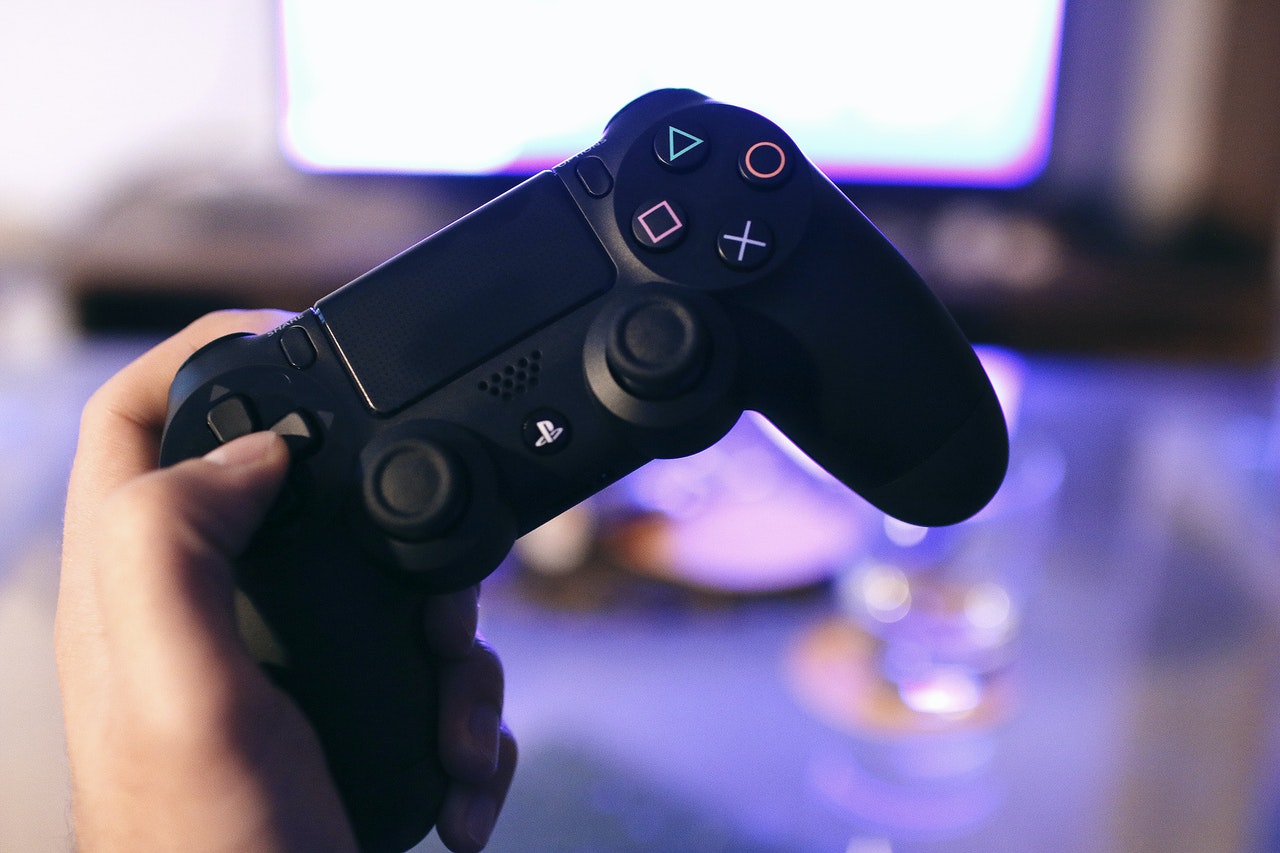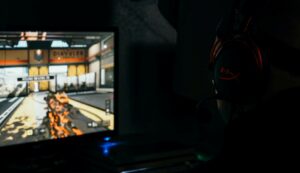
Detroit: Become Human: A review!
I am in the generation that grew up from playing video games. We had a lot of fun taking adventures to faraway places, fighting bad guys and rescuing princesses. I remember spending countless hours over the weekend playing Shenmue and at school during lunch time with my friends. Back then it was all about Mario, Sonic and Final Fantasy, but now something new has arisen — Detroit: Become Human. This is still a game about courage, friendship and love. It’s just that this time it’s with robots in place of human beings.
About the game

Detroit: Become Human is a video game published by Sony Entertainment. It was released worldwide on 25 May 2018 for PlayStation 4. The game is set in Detroit during the year 2038, where humanoid robots known as “Androids” are commonly used as servants and workers in everyday households. The plot of the game follows three different characters: Kara, an android who escapes her owner’s house to explore the world beyond; Markus, a caretaker android who attempts to liberate other Androids; and Connor, a special police model android tasked with tracking down deviant Androids like Kara. The player controls all three characters at different points in their journey through the narrative.
Gameplay
The gameplay is similar to Quantic Dream’s previous games Heavy Rain, Beyond: Two Souls, and Fahrenheit (known as Indigo Prophecy in North America). It uses motion capture technology to allow players to control the characters’ movements through the controller or touchscreen on the DualShock 4 controller. The player can also make choices in dialogue trees that will affect the story’s outcome. Also, the gameplay bears resemblance to Telltale Games’ games such as The Walking Dead: Season One (2012) and Tales from the Borderlands (2014). The player makes choices for their character’s actions throughout their adventure, which affects how the story unfolds. There are also side quests that give players an opportunity to explore other characters’ stories or learn more about them before making decisions about them later on in the game.

Criticism
The game received almost universally positive reviews from critics upon its release, but some fans have criticized it for being too long or having a slow start to the story. Other criticisms include the way some characters look like actual humans instead of robots or machines (Markus), the lack of diversity among characters (there are no black or hispanic characters), and the fact that some characters are able to make choices that affect other characters’ stories (for example: if you make one choice for Kara at one point during her story then that will affect what happens later on). The most common complaint about this game seems to be its length: many players have complained that there isn’t enough time spent on each character’s story before moving onto another character’s story. In one scene, you have to decide whether or not to help a woman get away from her abusive husband. If you choose not to help her, she will be beaten by him until she dies. If you choose to help her, he will kill both of them and then himself. Some people have criticized this scene as being too graphic and disturbing for children who may play this game (the ESRB rating for Detroit: Become Human is Mature). They say that it perpetuates stereotypes about domestic violence victims being women and men being abusers.

